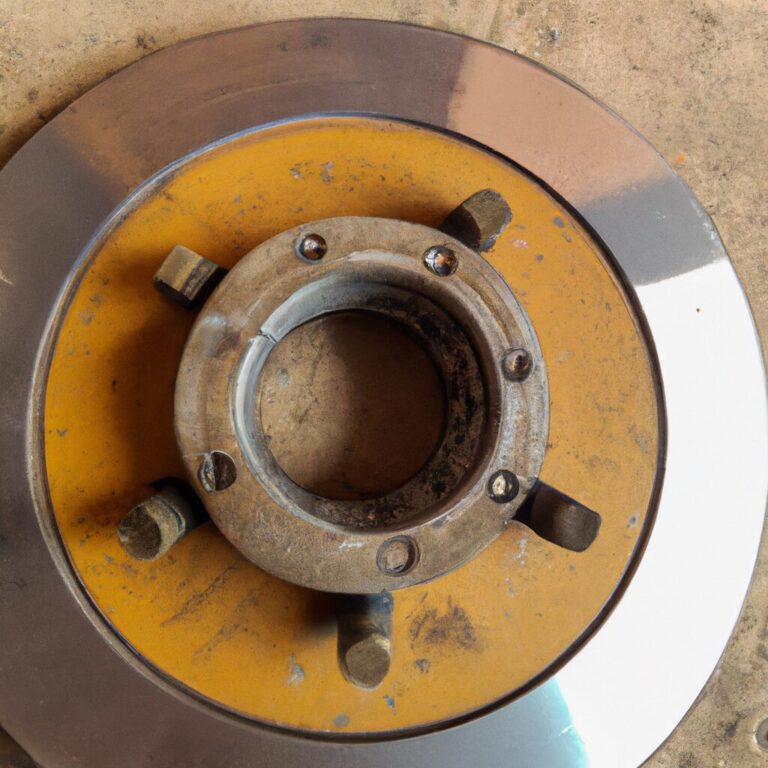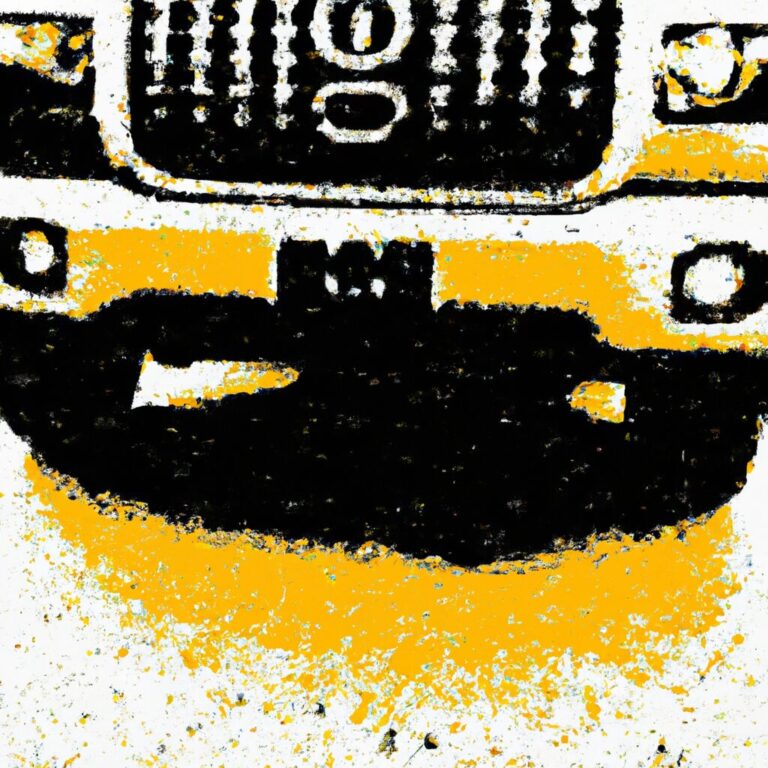How Much Does It Cost to Respray a Car
Imagine your car's paint job is like a favorite sweater that has seen better days. You know it's time for a refresh, but the big question remains: how much will it cost to respray your car?
The answer might surprise you. As you navigate through the world of automotive paint options and vehicle sizes, the range of prices can be vast. Before you make any decisions, it's essential to understand the factors influencing the cost and how to ensure you get the best bang for your buck.
Key Takeaways
- Vehicle size and model greatly impact respray costs.
- Paint type and quality determine the overall expenses.
- Additional services like prep work affect the total amount.
- Professional services offer quality assurance and warranty protection.
Factors Influencing Car Respray Costs
Factors impacting the cost of car resprays include the size and model of the vehicle, the paint brand used, and the specific paint job requirements. When it comes to paint quality, opting for premium automotive paint brands can significantly increase the overall cost of the respray. The quality of the paint affects not only the durability of the finish but also the richness and depth of the color.
Color selection also plays a crucial role in determining the cost of a car respray. Unique or custom colors often require special mixing and may be more expensive than standard colors. Additionally, the number of coats needed to achieve the desired color can influence the final price.
Moreover, the finish type chosen for the respray will impact the cost. Different finishes like matte, gloss, metallic, or pearlescent finishes have varying price points due to the complexity of application and the materials required. These factors collectively contribute to the overall cost range of car resprays.
Types of Paint and Quality
When considering the cost of a car respray, the type and quality of paint chosen play a crucial role in determining the final price. Different paint types, such as synthetic enamel or high-quality premium options, come with varying price ranges that directly impact the overall expense.
Factors like the finish type (matte, gloss, semi-gloss) further contribute to the pricing variations in car resprays.
Paint Types Overview
In understanding the cost of a car respray, the types of paint and their quality play a significant role in determining the overall pricing of the job.
When considering paint types for your car, keep in mind the following:
- Different types of automotive paint, such as synthetic enamel or high-quality paint, can vary greatly in cost.
- The paint finish types, like matte, gloss, or semi-gloss, can impact the final price of the respray.
- Professional car respraying services may offer a wide range of specialized colors and finishes, which could increase the overall cost.
It's essential to choose the right type of paint and finish that align with your preferences and budget to achieve the desired result for your car's new look.
Quality Impact Explained
To understand the impact of quality on car resprays, consider the diverse range of paint types available and how they influence the overall cost and outcome of the job.
The quality of the paint finish, such as gloss, matte, metallic, or pearlescent, directly affects the cost of the car respray. Gloss finishes provide a shiny appearance, while matte finishes offer a non-shiny look. Metallic finishes contain metal flecks for added color depth, and pearlescent finishes feature ceramic flecks for a luxurious touch.
Each type of finish comes with its own price point and repair complexities, influencing the overall cost of the job. Therefore, selecting the right quality of paint finish is crucial in determining the final cost and achieving the desired outcome.
Size of the Vehicle
The size of your vehicle plays a crucial role in determining the cost of a respray, significantly impacting the overall expenses due to increased surface area that requires painting.
When it comes to the size of your vehicle, here are some key points to consider:
- The cost of respraying increases with the size of the vehicle due to the amount of paint required.
- Compact vehicles generally cost less to respray compared to trucks or SUVs, as they've a smaller surface area to cover.
- Elaborate projects with high-quality paint may be more expensive for larger vehicles, as more materials and labor are needed to complete the job effectively.
These factors highlight the importance of considering the size of your vehicle when estimating the cost of a respray. Larger vehicles will typically incur higher expenses due to the additional resources needed to cover the increased surface area.
Additional Services Required
When considering additional services required for a car respray, factors such as necessary prep work, the quality of materials used, and labor costs play a significant role in determining the final price.
Dent removal, rust repair, and panel replacement are essential tasks that can impact the overall cost, while custom paint jobs or special finishes may incur extra fees.
Clear coat application, paint protection film installation, and post-respray detailing services also contribute to the total amount, ensuring a comprehensive and professional finish.
Necessary Prep Work
Proper preparation before car respraying is crucial to ensuring a flawless and durable paint finish. When it comes to necessary prep work for painting your vehicle, professional car respraying services often include the following:
- Sanding: Smoothing out any imperfections on the surface to create an even base for the new paint.
- Priming: Applying a primer to enhance adhesion and corrosion protection for a long-lasting finish.
- Masking: Covering areas that shouldn't be painted to prevent overspray and ensure clean lines.
These steps are essential to address any underlying issues and ensure that the new paint adheres well, providing a high-quality and lasting result.
Quality of Materials
To ensure a high-quality car respray, investing in premium materials and additional services is essential. High-quality paint and finishes can elevate the overall cost of the paint job significantly but result in a professional paint job.
Additional services like rust removal, dent repair, and color matching may be necessary to achieve a high-quality finish, further impacting the total expense. Opting for specialized coatings such as ceramic or protective sealants can enhance the durability and aesthetics of the respray, albeit at an extra cost.
While the initial investment in quality materials may be higher, they ensure a longer-lasting and more resilient finish, making them a worthwhile choice for those seeking a top-notch result in their car's appearance.
Labor Costs
Investing in high-quality materials for a car respray not only impacts the overall cost but also influences the labor expenses, particularly when additional services like sanding, priming, and clear coating are required.
When considering labor costs for a car respray, the complexity of the job plays a significant role in determining the final price. Additional services needed can add to the labor expenses, making the overall cost range from $500 to $4,500.
The complexity of the job, such as repairing dents or rust before painting, can also affect the labor costs. Ensuring that skilled labor is involved is crucial for achieving a high-quality finish and long-lasting results in car respraying projects.
Comparison of Professional Vs. DIY Costs
When comparing the costs of professional car respraying to DIY options, it is essential to consider factors beyond just the initial price tag. Professional services for a car paint job can range from $500 to $20,000, depending on the complexity of the job, model, and size of the vehicle. On the other hand, DIY paint materials may only cost around $200, but the time, effort, and risks of errors must be taken into account. Opting for professional services offers expert handling, warranty protection, and time-saving benefits compared to tackling the task yourself. Professionals ensure high-quality workmanship, reducing the chances of costly rework often seen in DIY projects. Additionally, choosing professional respraying can help you avoid voiding warranties, maintain safety standards, and result in long-term financial savings.
| Factors to Consider | Professional Services | DIY Paint |
|---|---|---|
| Cost Range | $500 – $20,000 | Around $200 |
| Expert Handling | Yes | No |
| Warranty Protection | Yes | No |
| Time-saving Benefits | Yes | No |
Tips for Budget-Friendly Respraying
Considering cost-effective strategies for car respraying involves exploring basic options that fall within a budget-friendly range. When aiming for an inexpensive paint job, there are several tips to keep in mind:
- Opt for a basic respray job: Choosing a simple respray can cost between $500 to $1,000, making it a more affordable option compared to elaborate paint jobs.
- Look for local shops with affordable services: Research and compare prices from different shops or chains in your area to find the most cost-effective solution for your car.
- Choose a standard paint finish: Selecting a standard finish like gloss over specialty finishes can significantly reduce the cost to repaint your vehicle while still achieving a fresh look.
Frequently Asked Questions
Is It Worth Respraying a Car?
When deciding on respraying, consider the benefits: enhanced resale value and longevity. Quality matters; DIY saves upfront but lacks professional expertise and warranty. Consultation ensures a durable finish, making the investment worthwhile for aesthetics and value.
How Much Does It Cost to Respray Your Entire Car?
When considering a full car respray, costs range based on factors like professional vs DIY options, paint quality, and color trends. Labor-intensive jobs can cost $500-$10,000, but DIY alternatives start around $100.
Is It Cheaper to Paint or Wrap a Car?
When deciding between paint vs wrap for your car, consider long-term maintenance and cost. Paint offers durability, seamless finishes, and better value retention. Wraps provide design flexibility but may need frequent replacements. Choose wisely for optimal results.
What Is the Cheapest Color to Respray a Car?
Opting for a basic color like glossy white or metallic silver can save you money when respraying your car. Avoiding custom designs and vibrant colors like matte black can keep costs down. Stick to simple choices for affordability.
Conclusion
In conclusion, the cost of respraying a car varies like a painter's palette, with factors like paint quality, vehicle size, and additional services influencing the final price.
While professional respraying may come with a higher price tag, DIY options can be budget-friendly for those willing to put in the time and effort.
By considering these factors and tips, you can ensure your car gets a fresh coat of paint without breaking the bank.


